the beatles & friends
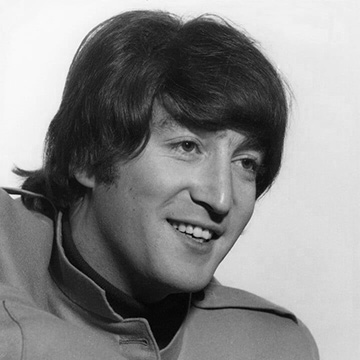
john lennon
The founder of the band that would later become The Beatles, half of the Lennon - McCartney songwriting partnership, and band leader until about 1967. During The Beatles' touring era, John was one of the lead vocalists and the rhythm guitarist, although he also contributed piano (especially in his solo career) and occassionally played lead or bass.
After The Beatles he formed the Plastic Ono Band and frequently collaborated with his wife, Yoko Ono, until his infamous murder in 1980. John has probably had the most successful solo career in terms of legacy and cultural impact.
Favorite Beatles song: "Don't Let Me Down", "Happiness Is A Warm Gun"
Favorite solo song: "Isolation"
Favorite solo album: Plastic Ono Band (1970)
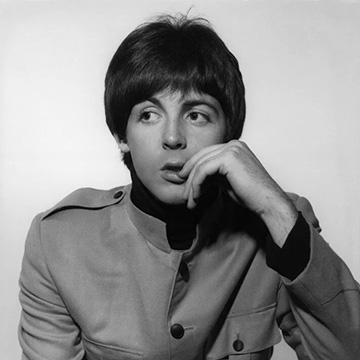
paul mccartney
The second member to join The Beatles, half of the Lennon - McCartney songwriting partnership, and band leader after about 1967. During The Beatles' touring era, Paul was one of the lead vocalists and the bass guitarist, although he also contributed guitar and piano.
After The Beatles he formed Wings with his wife, Linda McCartney, and Denny Laine, and has continued to have a successful solo career. Having had the longest career and continuing to chart, Paul has had the most cumulative success by most metrics.
Favorite Beatles song: "Oh! Darling", "She's Leaving Home"
Favorite solo song: "Temporary Secretary"
Favorite solo album: Ram (1971)
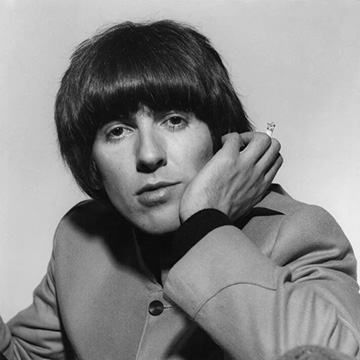
george harrison
A friend of Paul McCartney's, George was recruited as the lead guitarist. He contributed lead vocals to at least one song per record, initially singing on songs written by John or Paul, but later writing his own material. George was trained by Ravi Shankar in sitar, and was probably the Beatle with the most interest in the Moog synth.
After The Beatles George had a successful solo career, and was the first to have a chart-topping single. He later formed the supergroup Traveling Wilburys with Bob Dylan, Jeff Lynne, Tom Petty and Roy Orbison. Until his death in 2001, George was considered close to if not the most successful former Beatle.
Favorite Beatles song: "Within You Without You", "Long, Long, Long"
Favorite solo song: "Ballad of Sir Frankie Crisp (Let It Roll)"
Favorite solo album: All Things Must Pass (1970)

ringo starr
The last to join the Beatles, replacing Pete Best on drums. His birth name is Richard Starkey. Ringo rarely contributed more than drums, but did sing lead vocals at least once per record, and wrote two songs: "Octopus's Garden" and "Don't Pass Me By."
Although not nearly the musician or songwriter that the other three Beatles were, Ringo has continued to release music. He contributed drums to John and George's records after the break-up, and worked with them on his own records.
Favorite Beatles song: "With A Little Help From My Friends"
I haven't really explored much of Ringo's solo records.
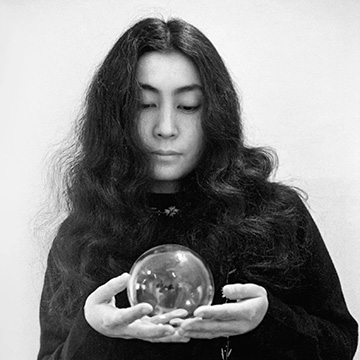
yoko ono
Avant-garde artist, musician and wife of John Lennon. Yoko greatly influenced John's work since 1968, and continued to write and record with him until his death. In addition to art, she also motivated John to embrace the activist side of his personality.
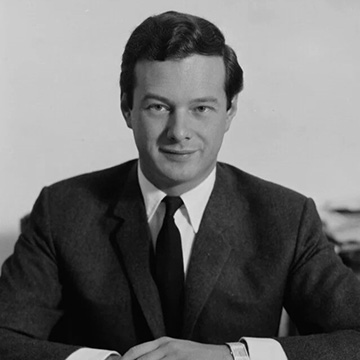
brian epstein
The Beatles' manager, largely responsible for getting them out of Liverpool's skiffle clubs and onto their careers as pop musicians. Arguably, he invented the modern boy band. His death in 1967 was a major factor in the group's abandonment of touring, and an indirect cause of their break-up, as they Beatles would attempt to manage themselves.
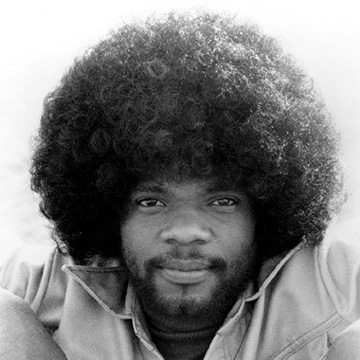
billy preston
Alongside Yoko Ono and Eric Clapton, Billy Preston is one of the few musicians credited on a Beatles album. He was brought onto the Get Back sessions by George, and his work on organ is inseparable from the music recorded on Let It Be.

george martin
Producer for The Beatles on every album but Let It Be, George Martin is probably the best candidate for the title of "Fifth Beatle." Not only did he encourage The Beatles to consider themselves as artists and guide them through the process, he also contributed much of the piano and orchestral music you hear on Beatles records, especially before 1967.
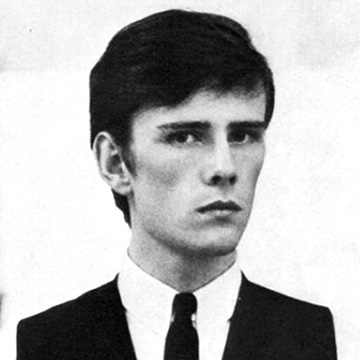
stuart sutcliffe
A friend of John's from the Liverpool College of Arts, and the original bass guitarist. Stuart helped John come up with the name "Beatles". While the band was in Hamburg, Stuart met and later became engaged to Astrid Kirchherr. He left the band in 1961 to continue his career as a painter, and tragically died in 1962, only several months before The Beatles released their debut single and first hit, "Love Me Do."
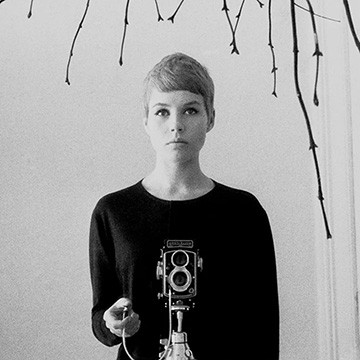
astrid kirchherr
A friend The Beatles made in Hamburg and a photographer, taking numerous photos of The Beatles before Beatlemania. She also gave them their "moptop" haircuts, which were then fashionable in Germany. Through both photos and fashion, Astrid helped craft The Beatles' iconic image.
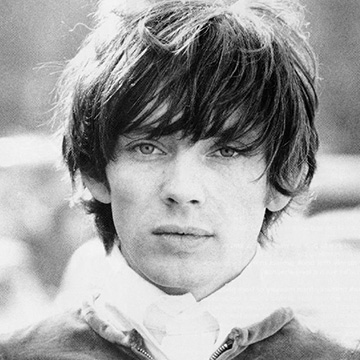
klaus voormann
A friend The Beatles made in Hamburg, as well as an artist and later a member of Manfred Mann. Klaus created the cover art for Revolver (1966), and frequently collaborated with John, George and Ringo throughout the 70s as their preferred bass guitarist. His closeness with the three provoked rumors that he would replace McCartney in a reformed Beatles, allegedly to have been called The Ladders.
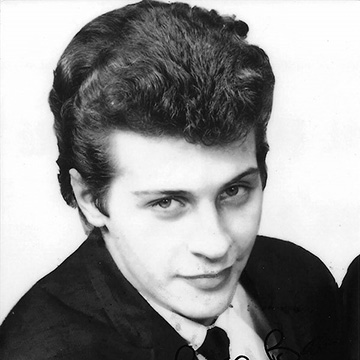
pete best
The original drummer of The Beatles. He joined the group as their permanent drummer before leaving for Hamburg, and remained after Stuart's departure and their return to Liverpool. Although Brian Epstein considered Pete a good performer, his drumming was not up to George Martin's standards for recording. Rather than use a session drummer, the other Beatles chose to dismiss Pete and recruit Ringo.
itsonlyjoey (Ɔ) 2023
All rights reversed